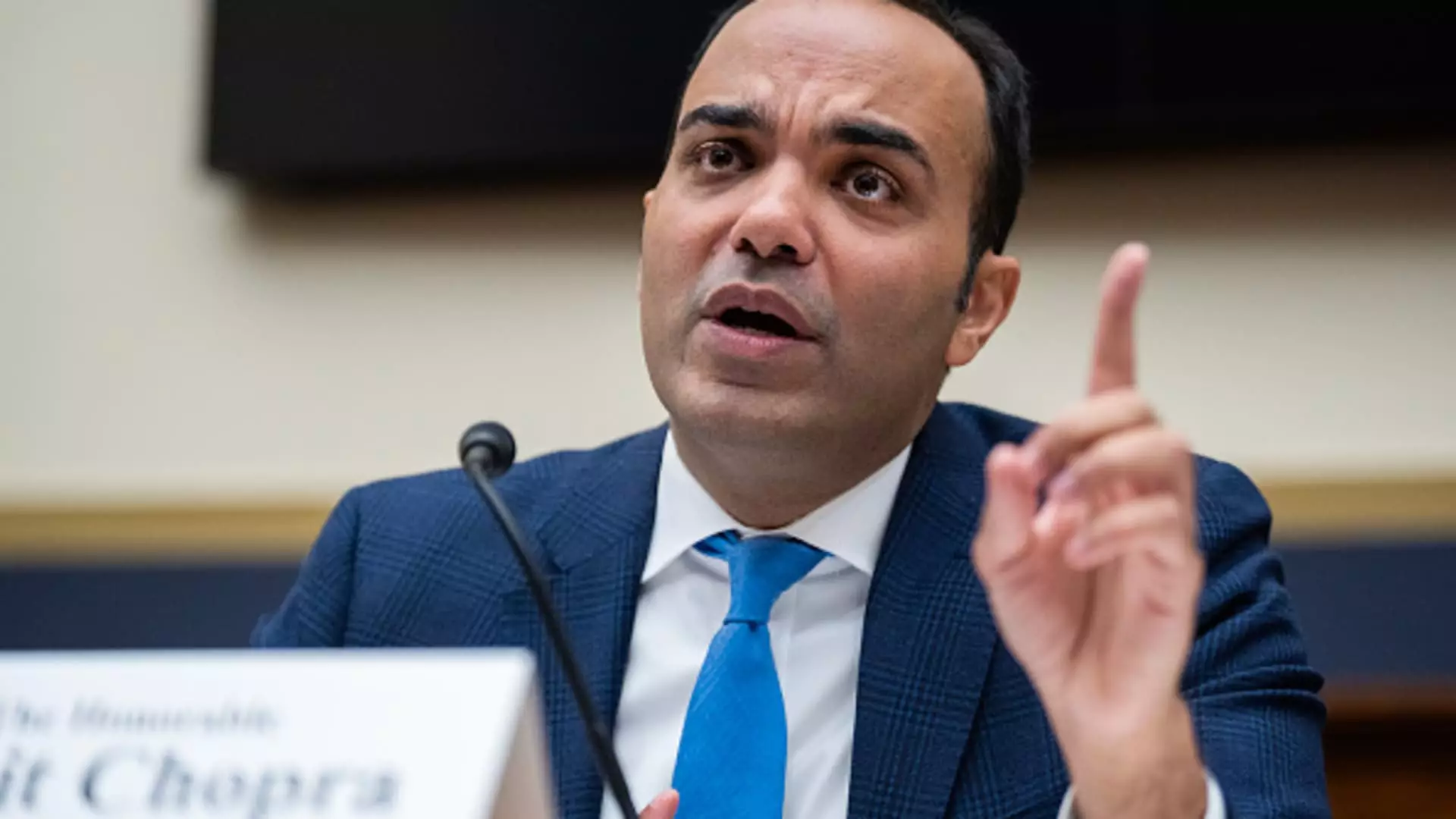The Consumer Financial Protection Bureau recently announced new regulations for the buy now, pay later industry, stating that customers in this sector must adhere to the same federal protections as credit card users. This move has significant implications for fintech firms such as Affirm, Klarna, and PayPal, which dominate the BNPL industry. The agency’s interpretive rule under the Truth in Lending Act requires BNPL lenders to offer refunds for returned products, investigate merchant disputes, provide fee disclosures on bills, and pause payments during investigations.
CFPB Director Rohit Chopra emphasized that regardless of whether a consumer uses a credit card or a buy now, pay later service, they are entitled to consumer protections enshrined in existing laws. The CFPB has been cracking down on the financial industry, slashing credit card late fees and overdraft penalties. This new rule aims to ensure that consumers are not exploited by BNPL providers offering excessive amounts of debt that customers cannot manage.
Many BNPL providers have anticipated increased regulation, including applying traditional credit card rules to their operations. Some players in the industry, like Klarna, have argued that their no-interest products are less risky for consumers compared to credit cards with high interest rates. However, the resistance from the BNPL industry suggests that they may challenge the CFPB rule through legal action, similar to other financial sectors such as payday lenders.
The new CFPB rule will come into effect in 60 days, with the agency seeking public comments on the matter. While some BNPL providers already offer refund and dispute resolution services, the rule aims to standardize these practices across the industry. The increasing popularity of digital installment loan-type services raises concerns about consumer debt levels and the need for regulatory oversight to protect consumers from financial harm.
The Consumer Financial Protection Bureau’s new regulations for the buy now, pay later industry signal a shift towards greater consumer protection and oversight in the fintech sector. By enforcing existing laws on BNPL lenders, the CFPB aims to safeguard consumers from potential financial risks associated with these services. As the industry grapples with increased scrutiny and regulation, it will be interesting to see how BNPL providers adapt and evolve to meet the evolving regulatory landscape.

Leave a Reply